School begins in
Days
Hours
Minutes
Seconds
The 8th Summer School on Computational Interaction, ACM Europe School will be held at the University of Luxembourg, Belval campus, Luxembourg. It will take place on June 03 - 07, 2024.
This summer school teaches HCI students, researchers, and industry professionals computational methods and their application in user interface design, interactive systems, user modeling, and more. Each day will feature one or two outstanding speakers who will share their expertise on a technical topic relevant to Computational Interaction. Individual lectures will give students an overview of different topics in Computational Interaction, and will include exercises that will give students hands-on experience with Computational Interaction research.
We put together a remarkable program that features the leading experts in the area of computational interaction. These are the confirmed topics so far:
Do not miss anything about the event
Click on each day to see the detailed schedule








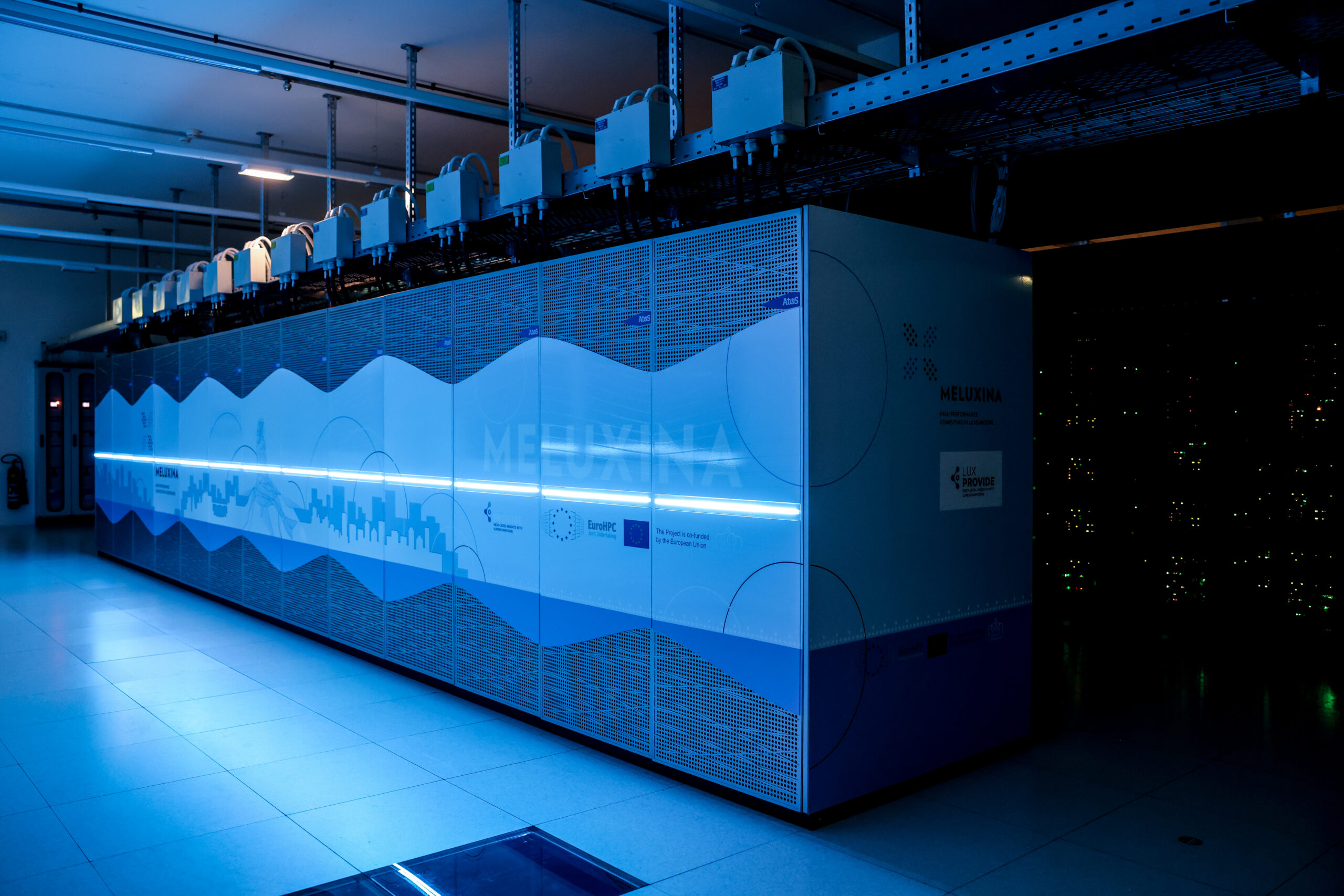



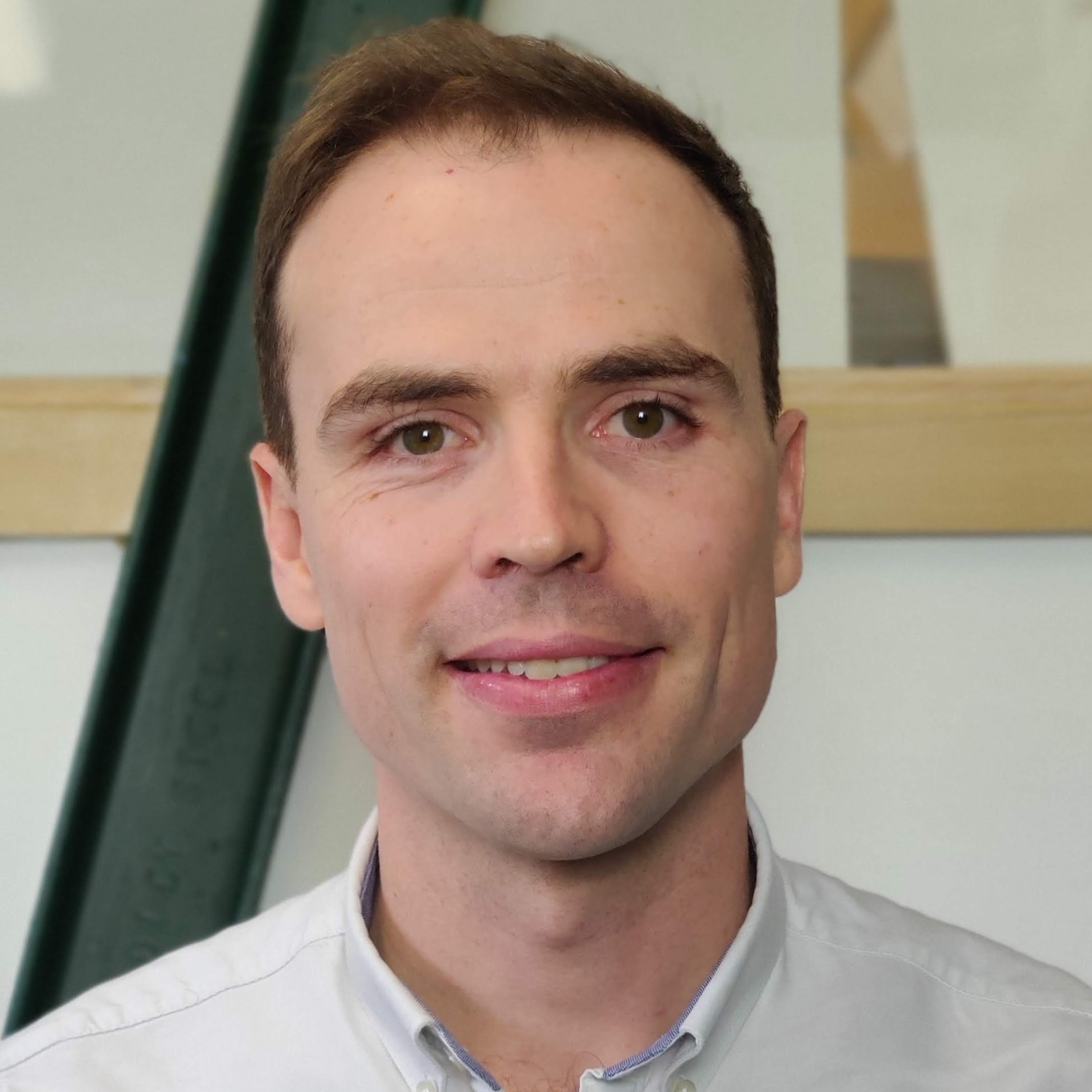

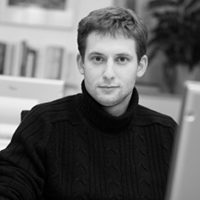

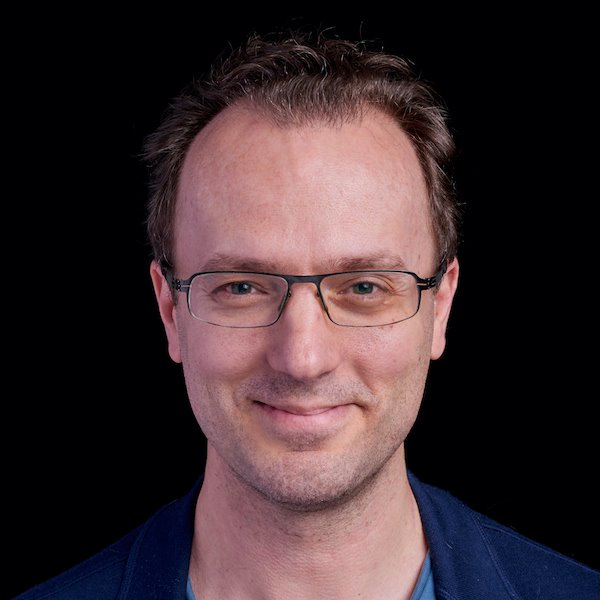




Esch-sur-Alzette, Luxembourg
Founded in 2003, the University of Luxembourg is the only public university of the Grand Duchy of Luxembourg. Multilingual, international and research-oriented, it is also a modern institution with a personal atmosphere. The multicultural country is home to the Financial Centre, to European Union Institutions and international enterprises.
The 8thSummer School on Computational Interaction will take place at the Belval campus (MSA building) located in the city of Esch-sur-Alzette , Luxembourg’s second largest city which was the European Capital of Culture in 2022.
Here are some useful links for your trip to the Grand Duchy of Luxembourg.
Organizing Team
If you have any questions and/or comments about the 8th Summer School on Computational Interaction, please contact us
Maison du Nombre 6, Avenue de la Fonte L-4364, Esch-sur-Alzette, Luxembourg
luis.leiva@uni.lu(+352) 466-644-5513
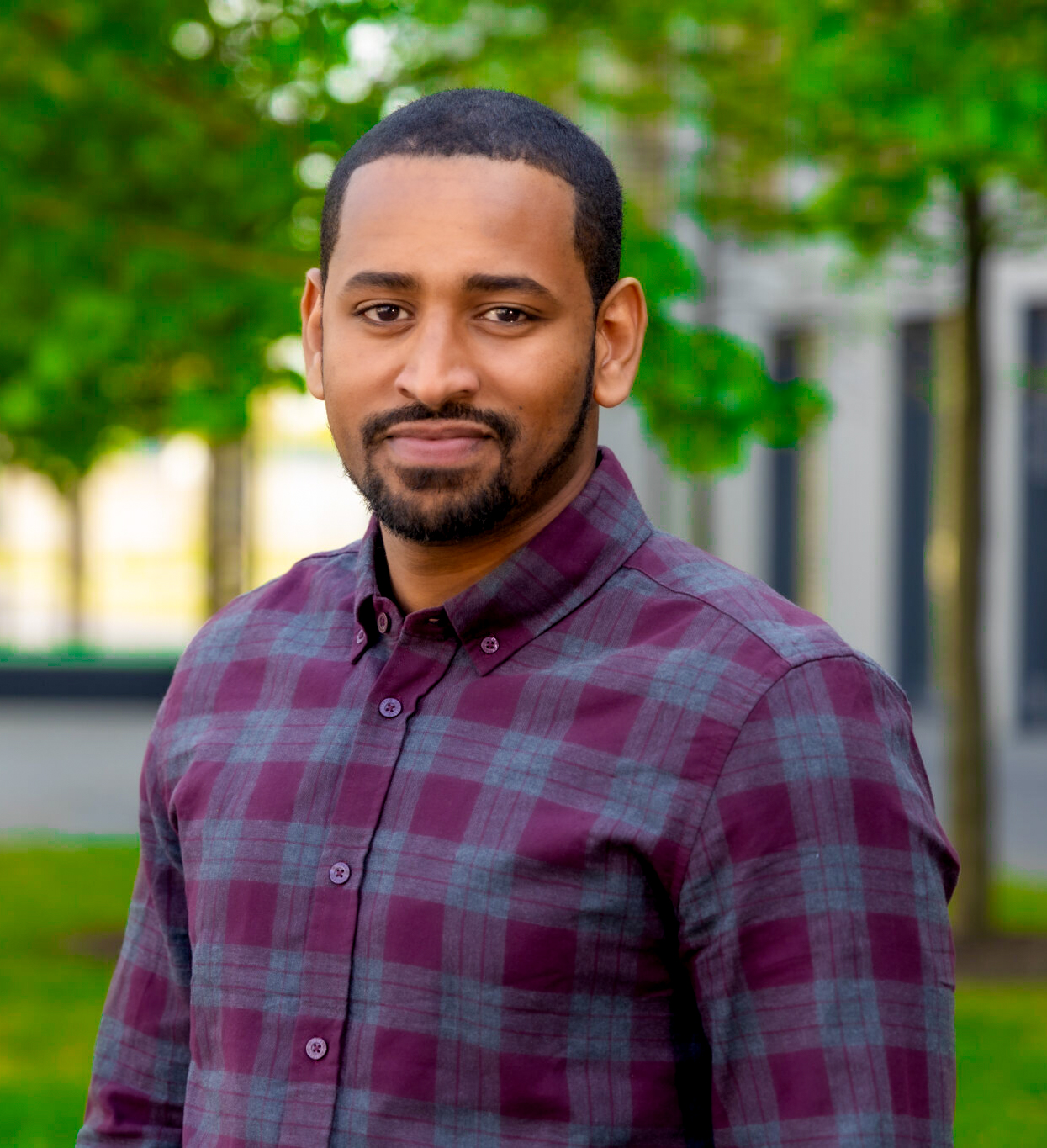
Maison du Nombre 6, Avenue de la Fonte L-4364, Esch-sur-Alzette, Luxembourg
bereket.yilma@uni.lu(+352) 466-644-9732
Please submit your application using this form. The form will ask you to submit a CV, and a short research statement (no longer than 1 pages) describing your: research interests and a brief description of how attending this summer school will help you in your research. The deadline for applications is March 22nd, 2024 11:59PM.
The summer school hosts up to 30 students, researchers, faculty members, or practitioners. Participants will be selected based on their motivation, background, and diversity. Notifications of admission will be sent out by March 31st, 2024.
Note that submitting an application is a binding registration. Upon acceptance you will need to pay the registration fees as detailed below.
Choose your registration plan
The summer school has no special prerequisites. However, examples and practical exercises will be given in Python using Jupyter notebooks. Thus, familiarity with Python is recommended.
In addition, familiarity with Machine Learning, and basic skills in Linear Algebra and Probability Theory are also beneficial.